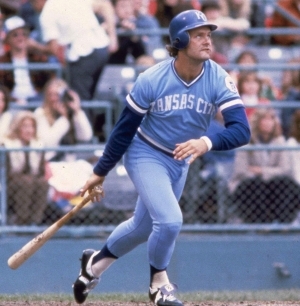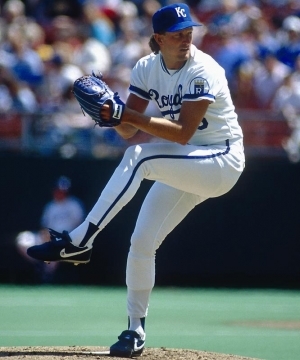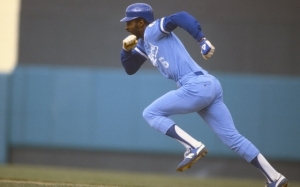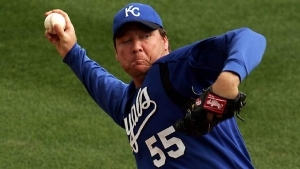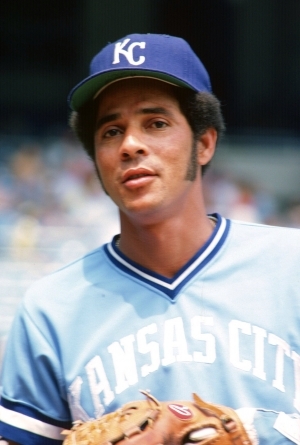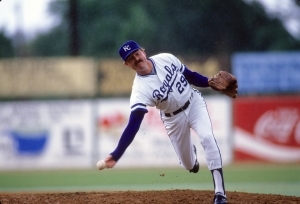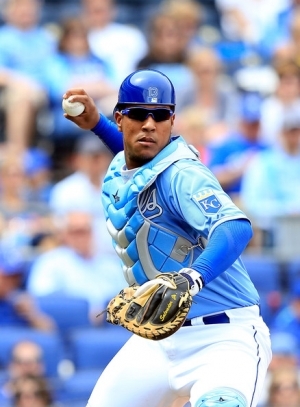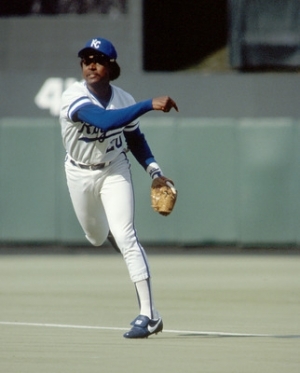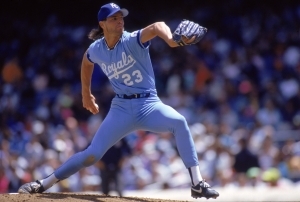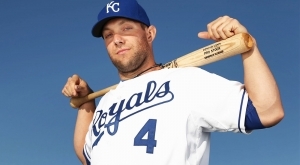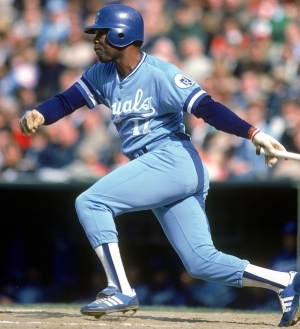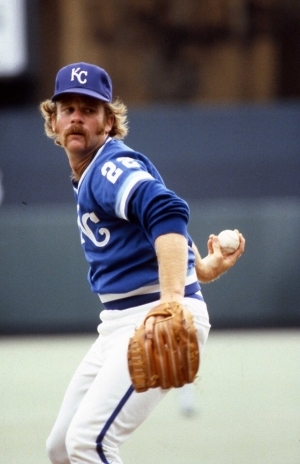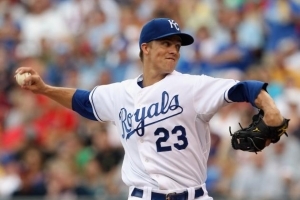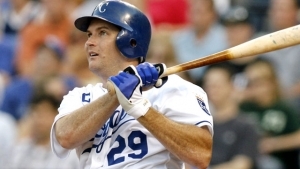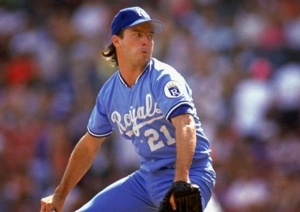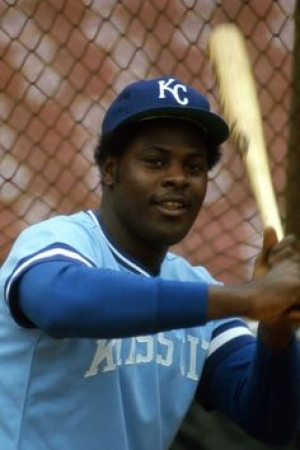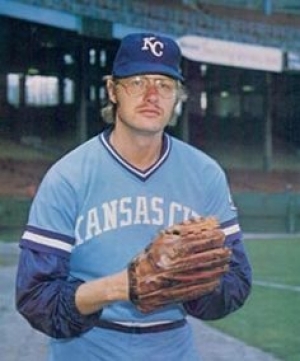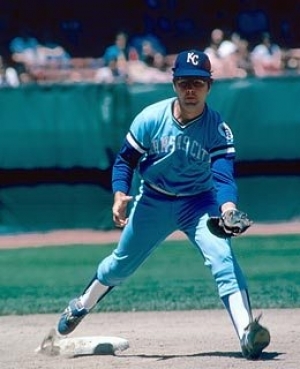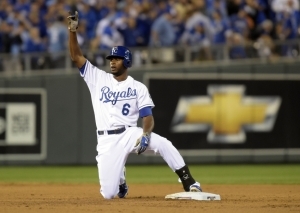Top 50 Kansas City Royals
An expansion team in 1969, the Kansas City Royals brought baseball back to KC after the Athletics relocated to Oakland in 1967. The Royals struggled early as expected of any expansion team but they would make their first playoff in 1976 and return in ’77, ’78, and 1980. The latter year would see the Royals make their first World Series although they would go down in defeat to the Philadelphia Phillies.
The first half of the 1980s was good to the Royals and in 1985 they would put it all together and win the World Series by defeating their cross-state rival, the St. Louis Cardinals in 1985. The Royals would remain decent for the next ten years (although they did not reach the playoffs) but from the mid 90’s to the early 2010’s organizations did not perform very well and more often than not found themselves in the bottom half of the standings.
After 29 years, the Royals returned to the postseason as a wild card team and advanced to the World Series but were beaten by the San Francisco Giants. The next year they would return to the World Series but this time they would beat the New York Mets to take their second championship.
Note: Baseball lists are based on an amalgamation of tenure, traditional statistics, advanced statistics, playoff statistics, and post-season accolades.
This list is updated up until the end of the 2023 Season.


